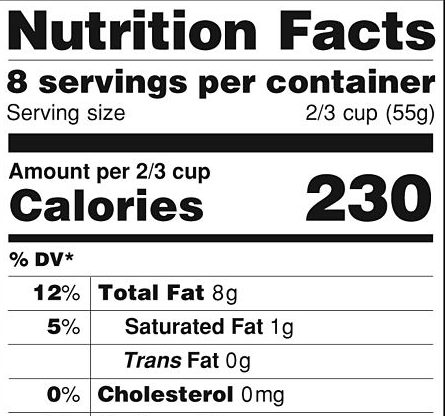On Responsibilization – or: Why Missing the Bus can be Political?

Most of us probably know this situation. We hurry to catch a bus, but we are too late, too sluggish, and the bus takes off without us. We missed it! Sometimes we blame jammed doors and crowded streets; sometimes we blame the bus driver or other passengers who refused to wait or keep the doors open, even though we were almost there; sometimes we blame ourselves because we might have left earlier; and sometimes, we start wondering about our fitness and why we can’t run that fast anymore. At least that thought comes to my mind occasionally: “Wasn’t there a time when I was kind of faster and didn’t get out of breath that quickly when running for the bus?”…



